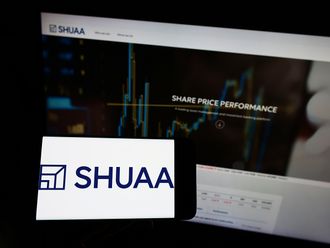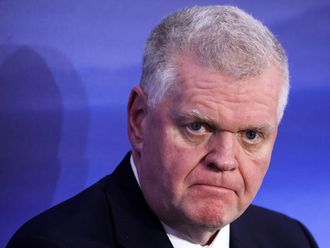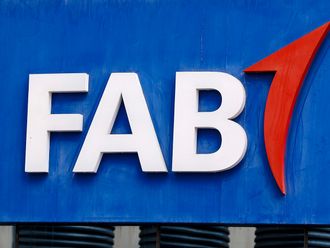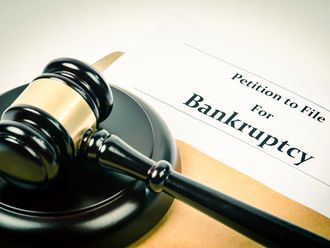Dubai: Saudi Arabia’s plans to open up the domestic capital markets to global investors is expected to boost demand for Saudi equity and sukuks from international investors.
“Issuers targeting a share of this demand are likely to seek credit ratings to improve the comfort level of global fund managers,” said Stuart Anderson, Managing Director & Regional Head Middle East of Standard & Poor’s.
According S&P’s estimates, between now and 2020, the number of listed companies in Saudi Arabia is expected to increase somewhere between 250 and 300. “In that context, I would imagine a lot of IPOs going to hit the market targeting international investors. I see a lot of those companies valuing ratings to attract these investors,” said Anderson.
Saudi Arabia is working on a regulatory framework for global rating agencies to set up operation in the kingdom. The regulation that is currently at a draft stage wants international agencies that want to rate Saudi entities to have local presence and analysts based out of Saudi Arabia.
Although raters view this as too expensive, the Saudi offer to allow 100 per cent ownership of local operations to rating agencies and the relatively large size of the Saudi market is expected to work as attractive factors for agencies to enter that market.
“One of the issues we face on the opening of the local office is that if every country in the world where we do business insists that there should be a local physical presence, with our kind of global operations that not would not be compatible with our business model. But what is interesting about Saudi is that it is a G-20 country and the only G20 country in the region. It is a very large economy with a very large financial system,” said Anderson.
Domestic liquidity
The financial infrastructure in Saudi Arabia is relatively under developed and that has got to do with the quantum of domestic liquidity and the way that the economy is structured. But there is ample evidence that things are changing and that is very much part of a G20 agenda.
Currently there are only very few companies in Saudi Arabia that are rated. Many of the rating activities in the Kingdom are related to sovereign, the large GREs, banks and insurance companies.
“I think the opening up of the equity markets for foreign investments will create more listings and rating opportunities. It is always easier to rate a listed company and a listed company is more willing to have a rating than a private company,” said Anderson.
With the entry of foreign investors on the Saudi equity market, the comfort level of these investors with Saudi debt is likely to take a positive turn. So in time, a greater number of rated companies are likely to attract greater number of international investors into both debt and equity markets.
Today, the Saudi fixed income market is largely unrated. The unrated sukuk is largely catering the local market. “To be honest the market is limited to banks and most of these sukuks are bought and held to maturities, that is why there is very little liquidity. As we get more international investors comfortable with Saudi risk we see greater opportunities for rated Saudi sukuk,” said Anderson.











